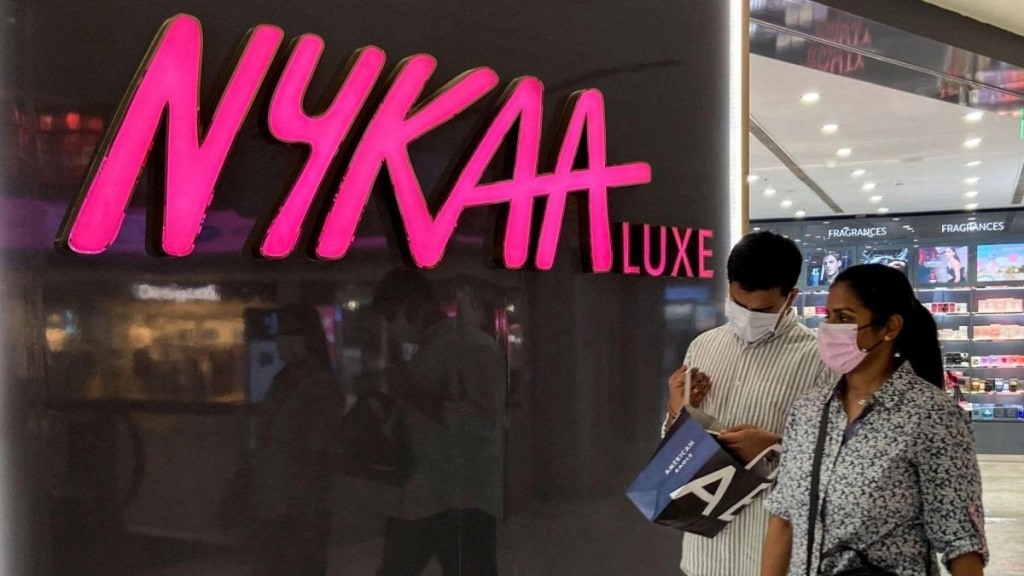Profits continue to elude startups in India’s fast-growing beauty and personal care (BPC) space. To be sure, they’re capturing top line in a market that’s projected to grow to $30 billion by 2027 from $19 billion in 2022. But it’s a highly competitive environment in which deep-pocketed players are making inroads and demand isn’t too robust.
As such, the costs for startups that are spending on one count or other have been killing. In some instances, revenues have even doubled but that has not been enough to take care of the bills and leave a surplus. Both mCaffeine and Sugar Cosmetics for instance, are investing heavily to expand their offline footprint across India in a bid to increase visibility.
The fact that funding in such businesses fell to just $84 million in 2023 from $679 million in the previous year and a good $1 billion in 2021, as per Tracxn, suggests investors are treading cautiously.
Companies such as Sugar Cosmetics, Purplle, mCaffeine and Skin Sciene have all reported losses of anywhere between Rs 50 crore and Rs 230 crore in FY23, data from RoC filings sourced from Private Circle Research shows. That’s despite the growth in revenues having been fairly strong.
For Purplle, an online beauty retailer that competes with Nykaa, losses rose to Rs 230 crore in FY23, from Rs 203.6 crore in the previous year, while its revenue more than doubled to Rs 508.6 crore.
mCaffiene, known for its coffee-infused skincare products, incurred a loss of Rs 91.6 crore in FY23, wider than the Rs 56.6 crore a year ago, while its sales rose 55% to Rs 210 crore. The company has plans to scale up its revenue to Rs 700 crore in FY24 and hopes to turn profitable in Q4FY24.
Sugar Cosmetics, a flagbearer among the new-age beauty brands, reported a slightly wider loss of Rs 76.2 crore in FY23, while its sales jumped 90% to Rs 428 crore.
PurePlay Skin Science, which houses skincare brand Plum Goodness and men’s grooming brand Phy, reported a loss of Rs 52.9 crore in FY23, compared to Rs 31.8 crore a year ago, while sales surged 70% to Rs 322 crore. Body Cupid, parent of Wow Skin Science, recorded a wider loss of Rs 213 crore in FY23 but its sales also dipped 20% during the year.
While Minimalist is not in the red, its profits dipped to Rs 5 crore in FY23 from Rs 15.9 crore a year ago, while sales rose 68% to Rs 188 crore.
Among the younger startups, Renee Cosmetics, Foxtale and Earth Rhythm also incurred wider losses in FY23 on the back of significant rise in sales.
Listed players too haven’t had it easy. Nykaa’s profits halved to Rs 21 crore in FY23 despite a 30% topline growth while Mamaearth’s parent Honasa Consumer slipped into losses in FY23. It posted a loss of Rs 151 crore against a profit of Rs 14.4 crore in FY22.
The BPC market is growing due to increasing awareness of focused skincare offerings and a rise in the share of discretionary income. Most BPC startups are choosing to invest in product R&D and are expanding their online and offline presence. They are also spending on marketing campaigns to build visibility among consumers and compete with traditional FMCG-led brands BPC brands.
A recent report by Redseer Strategy Consultants said that pure-play BPC players such as L’Oréal, Beiersdorf, Estée Lauder are growing faster globally than the FMCG-led players such as Unilever and P&G. India, the fastest growing BPC market among large economies, is closely mirroring this global trend, the report added.
“Indian consumers are increasingly seeking higher-quality products and are adopting evolved beauty and self-care routines. They are making their BPC product choices by researching the ingredients, listening to influencers, and are purchasing BPC products both online and offline,” the report said.

